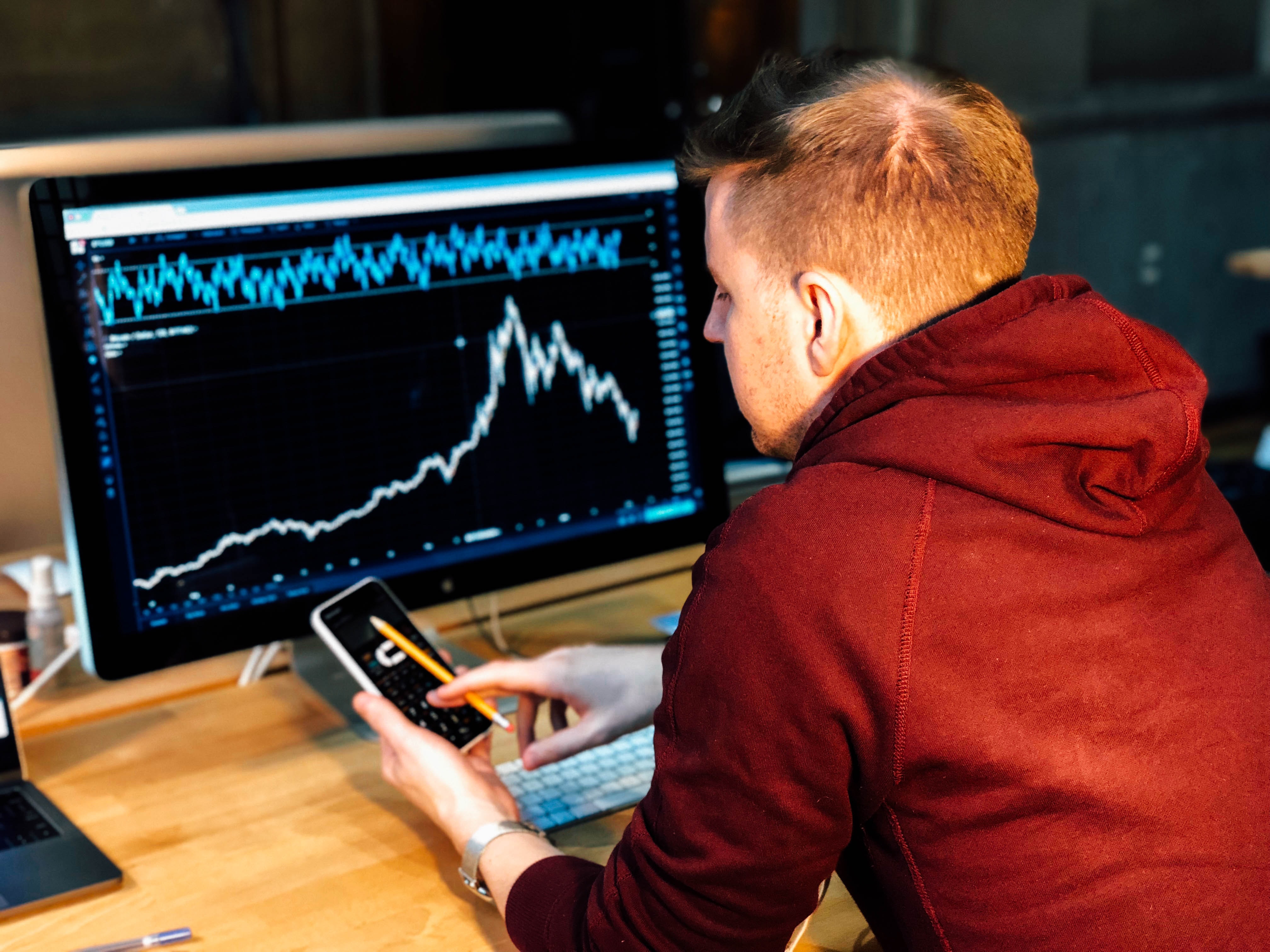Category:
Analysis
Dot-Com Bubble 2.0 - Tech Worker Impact
A brief summary of Dot-Com Bubble 2.0: How Did We Get Here? by Prithvi Raj Chauhan posted on Hacker Noon

Overview
The bubble repeated, for different underlying speculative reasons but effectively the same boom-bust cycle. What happens next to employment and the broad economy is likely a replay of the early 2000s.
@Prcwrites does a great job covering the technical aspects, I’d like to add some perspective from the employment.
Continue Reading…